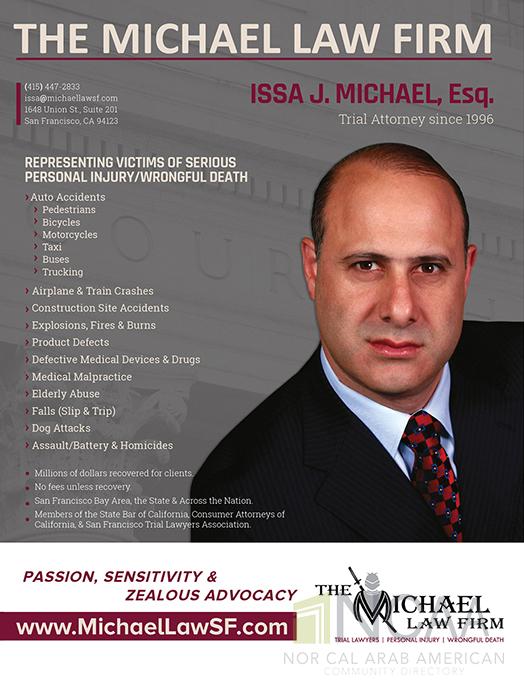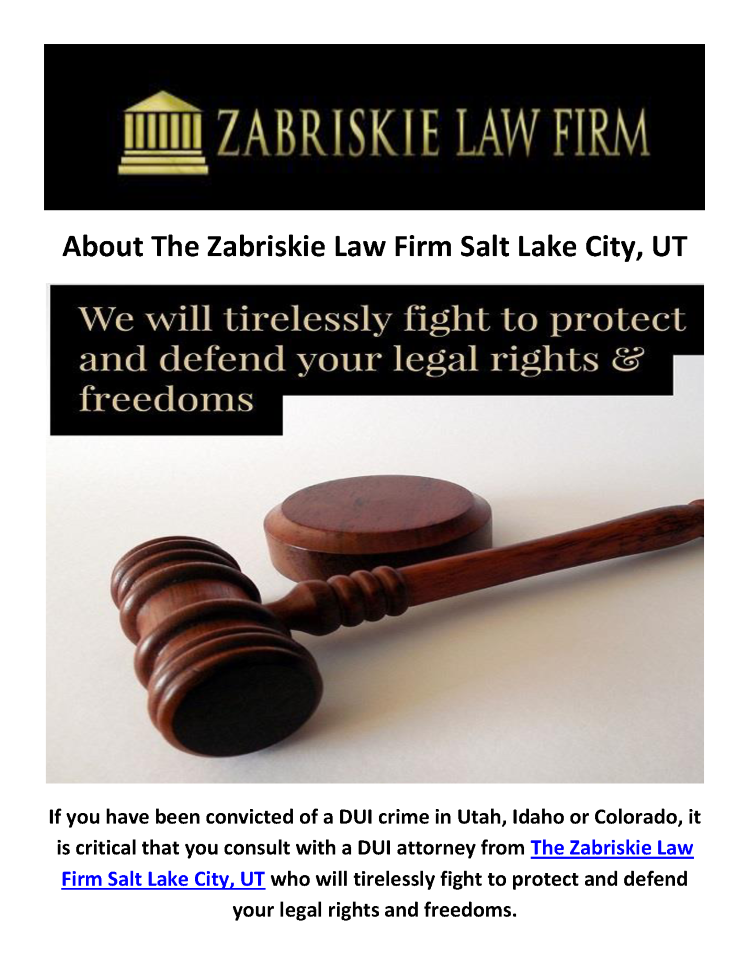Car accidents can turn your world upside down in an instant. The aftermath often means dealing with slippery insurance companies, which, to be honest, is going to feel like walking on molten lava in a complex maze. While you’re focused on recovery and getting back to normal life, there are legal loopholes that insurers prefer to keep under wraps. Understanding these hidden tactics is crucial if you want well-deserved compensation for your injuries and damages. From pre-existing conditions to lowball offers, the strategies employed by insurance firms can leave you feeling vulnerable and confused. This article will shed light on some of the most common pitfalls that could jeopardize your claim after a car accident.
Pre-Existing Conditions
 The baton rouge car accident attorney mentioned that pre-existing conditions can complicate your claim after a car accident. Insurance companies often latch onto these as a way to minimize their payout. If you had an injury or health issue before the accident, they might argue that it was the cause of your current problems. This tactic is frustrating but common. Insurers may downplay the impact of the recent crash and emphasize previous ailments instead. They want to create doubt about how much compensation you truly deserve. Don’t let them use your history against you without challenge. Your case deserves thorough examination—and so do you.
The baton rouge car accident attorney mentioned that pre-existing conditions can complicate your claim after a car accident. Insurance companies often latch onto these as a way to minimize their payout. If you had an injury or health issue before the accident, they might argue that it was the cause of your current problems. This tactic is frustrating but common. Insurers may downplay the impact of the recent crash and emphasize previous ailments instead. They want to create doubt about how much compensation you truly deserve. Don’t let them use your history against you without challenge. Your case deserves thorough examination—and so do you.
Lowball First Offers
After a car accident, insurance companies often jump at the chance to make a quick settlement. Their first offer is typically lowball—much lower than what your claim might truly be worth. They aim to close cases quickly and save money. This tactic preys on those who may be vulnerable or unaware of their rights. It’s easy to feel pressured when you receive an offer right after an accident. However, accepting that initial offer can limit your ability to pursue further compensation later. Insurance adjusters are trained negotiators; they know how to play the game. You deserve time to assess damages fully before making any decisions.
Recorded Statements
Okay, this might seem pretty basic, but it can significantly impact your claim. Your words can be twisted and used against you later. Insurers are skilled at extracting information that may undermine your case. A simple phrase could shift the narrative in their favor. You might feel pressured to answer quickly or provide more details than necessary. Remember, it’s okay to pause and think before responding. Many people underestimate the importance of having legal representation during this process. An attorney can guide you through what to say—and what not to say—to protect your rights.
Using Your Own Words Against You
 After a car accident, every word you say can be scrutinized. Insurance adjusters often look for any statement that might weaken your claim. They may ask you to provide a recorded statement soon after the incident. This is when they’re fishing for information. Even casual remarks can be twisted and used against you later on. For example, if you mention feeling “fine” or “okay,” it could suggest you’re not as injured as claimed. What seems like reassurance may actually undercut your case. It’s crucial to remember that stress and shock can cloud judgment in these situations. Think carefully before speaking about your condition or feelings post-accident.
After a car accident, every word you say can be scrutinized. Insurance adjusters often look for any statement that might weaken your claim. They may ask you to provide a recorded statement soon after the incident. This is when they’re fishing for information. Even casual remarks can be twisted and used against you later on. For example, if you mention feeling “fine” or “okay,” it could suggest you’re not as injured as claimed. What seems like reassurance may actually undercut your case. It’s crucial to remember that stress and shock can cloud judgment in these situations. Think carefully before speaking about your condition or feelings post-accident.
Being informed gives you leverage in negotiations with insurance companies and equips you to seek fair compensation for any injuries incurred due to someone else’s negligence. Awareness of these tactics allows victims like yourself not just to protect what’s rightfully yours but also ensures accountability within the system designed as a safety net after accidents occur.









